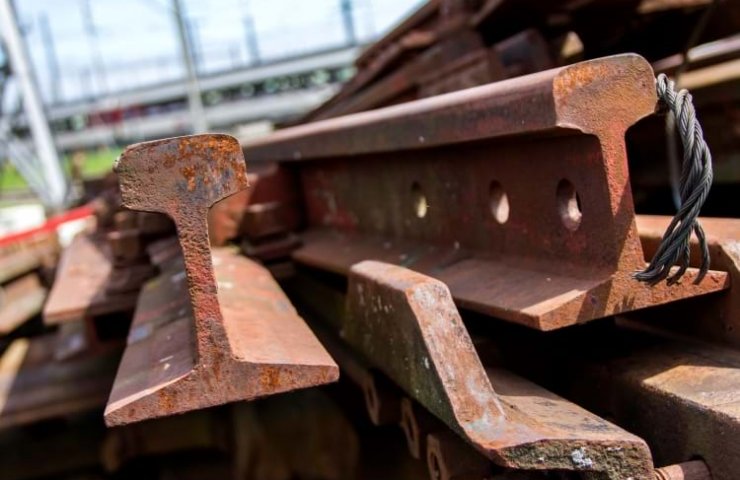The Ministry of Infrastructure of Ukraine published the bill "On Amendments to the Criminal Code of Ukraine and the Law of Ukraine" On Scrap Metal "regarding the strengthening of liability for interference in the activities of railway transport.
The draft law proposes to strengthen criminal liability for violation of legislation in the field of railway transport, and it will also contribute to the inevitability of bringing persons who have committed such offenses to justice and protecting property from unlawful encroachments.
In particular, the draft law provides for the possibility of accepting for scrap elements of railway transport only from business entities, and only if there is a copy or extract from the act on writing off such property from the balance sheet and documents confirming its use in economic activity. >
As noted in the Ministry of Infrastructure of Ukraine, over the past few years, the security situation in railway transport has deteriorated significantly, including due to the illegal collection of scrap metal.
“Illegal actions in relation to the railway infrastructure, theft of goods and deliberate destruction and damage to elements of the railway infrastructure have reached catastrophic proportions. During 2019, criminal attacks on railway transport facilities caused damage in the amount of UAH 213.8 million, ”the ministry said.
According to statistics, only half of such interventions are classified as crimes. And only a small number of illegal interference in the activities of railway transport comes to the consideration of the courts and the issuance of an appropriate decision.
“Today, the militarized security by itself is not able to overcome illegal actions associated with encroachments on the safe operation of railway transport, which pose a threat to the life and health of people, property damage and the like. In this case, the main objects of the offense are freight cars, the railway, automatic control of train traffic and communications, as well as devices and equipment made of ferrous and non-ferrous metals. This leads to the creation of hazardous situations, disruption of the stable operation of railway transport, failure to comply with train schedules and other negative consequences, from which the whole society suffers in the future, ”the ministry said.




